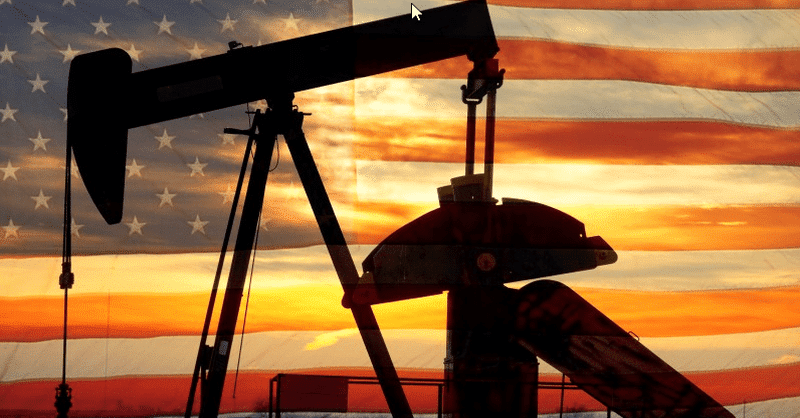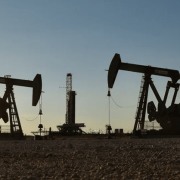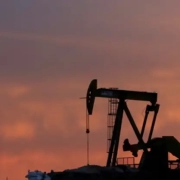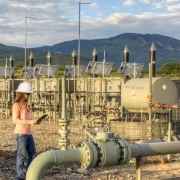America’s oil and gas boom received an unexpected endorsement from John Podesta, the president’s top climate adviser, who praised the surge in domestic production as an economic benefit for the nation. This increase in production has positioned the United States as the world’s largest oil producer, with daily output nearly 50% higher than that of Saudi Arabia. Podesta emphasized that this growth has not only been advantageous for American consumers, but it has also bolstered national security. By enhancing the nation’s energy independence, the U.S. has been able to mitigate some of the geopolitical risks associated with foreign oil supplies, particularly in light of global tensions and rising energy demands.
Addressing the energy crisis
Furthermore, Podesta pointed to the significant role of U.S. gas production in addressing the energy crisis in Europe following Russia’s invasion of Ukraine, as American exports have effectively filled the supply gaps left by disrupted Russian sources. He noted that the increase in domestic crude output has contributed to a reduction in inflationary pressures, with current gas prices reflecting a 20% decrease compared to the previous year. These remarks align with the broader strategic messaging from Vice President Kamala Harris, who is actively promoting both increased oil production and the development of clean energy jobs.
The dual approach being employed by the administration is strategically designed to resonate with a wide array of voter bases, especially in regions abundant in natural resources such as Pennsylvania. This state, known for its significant reserves of natural gas, presents a unique landscape where economic interests and environmental concerns often intersect. By emphasizing policies that advocate for energy production and job creation in the fossil fuel sector, the administration seeks to win the support of workers and local communities that depend on these industries for their livelihoods. Simultaneously, the administration is committed to implementing initiatives that promote environmental sustainability, thereby ensuring that economic growth does not come at the expense of ecological integrity. This balancing act is crucial in fostering a sense of trust and collaboration among constituents who may have differing priorities regarding energy policy.
Understanding of the complexities of US oil and gas production
Moreover, this approach reflects an understanding of the complexities inherent in energy politics, particularly in a state like Pennsylvania, where the energy sector plays a pivotal role in the economy. By leveraging the advantages of gas production—such as job creation, energy independence, and regional economic stability—the administration can appeal to voters who prioritize immediate economic benefits. At the same time, by promoting renewable energy initiatives and stricter environmental regulations, it addresses the concerns of constituents who are increasingly aware of climate change and its implications. This comprehensive strategy not only aims to unite diverse political factions but also positions the administration as a forward-thinking leader capable of navigating the intricate dynamics of energy policy in a way that is both economically viable and environmentally responsible. Such a nuanced approach is essential for fostering long-term support and ensuring sustainable development in gas-rich regions.
Click here to read the full article
Source: World Oil
—
Do you have any questions or thoughts about the topic US oil and gas production? Feel free to contact us here or leave a comment below.











